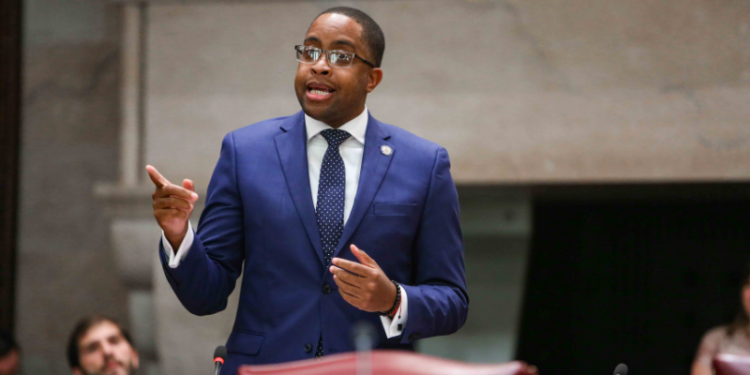New York’s Clean Slate Act has officially taken effect as of Saturday, November 16th, offering a new beginning for individuals with eligible misdemeanor and felony convictions. The law, signed by Governor Kathy Hochul last year, automatically seals records for misdemeanors three years post-sentencing and felonies eight years post-sentencing, provided there is no reoffending. Sex offenses and Class A felonies are excluded.
The groundbreaking legislation aims to remove barriers to housing, education, and employment by preventing landlords and employers from accessing sealed records. State Senator Zellnor Myrie, who championed the bill, called it “a basic function of fairness,” adding, “This will reintegrate individuals into society and boost our economy.” Law enforcement and the judiciary will retain access to these records, ensuring public safety remains uncompromised.
Supporters, including business leaders and advocacy groups, argue the law will drive economic engagement and social equity. Myrie emphasized that the Clean Slate Act is designed to incentivize law-abiding behavior, offering individuals a tangible reason to stay on the right path. Critics, however, have raised concerns about public safety and administrative challenges in implementing the act.
Theresa Bliss, a mother who lost her son in a violent crime, voiced skepticism, arguing that some offenders, even if eligible, should not benefit from such measures. “David is gone forever. He doesn’t get a clean slate,” she stated, underscoring the emotional complexities surrounding the law’s rollout.
The implementation process is expected to take up to three years due to the volume of records requiring review. The Office of Court Administration and the Department of Criminal Justice Services are tasked with overseeing the backlog, with assurances that eligible individuals will begin seeing benefits soon. Myrie urged community engagement, highlighting resources available to track eligibility and ensure compliance.
As the Clean Slate Act unfolds, its impact on New York’s economy, public safety, and social fabric will be closely monitored. Advocates hope the law will serve as a model for other states seeking to balance justice and opportunity.










